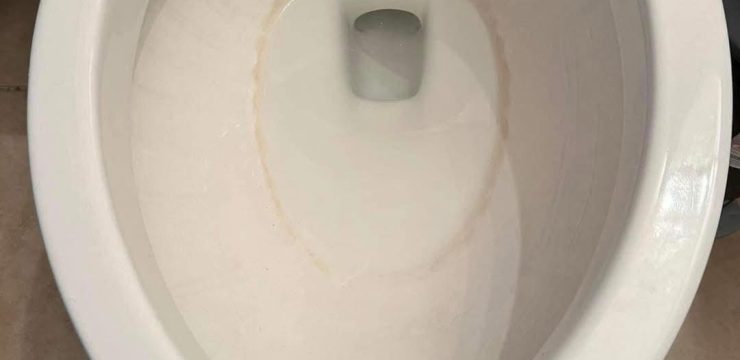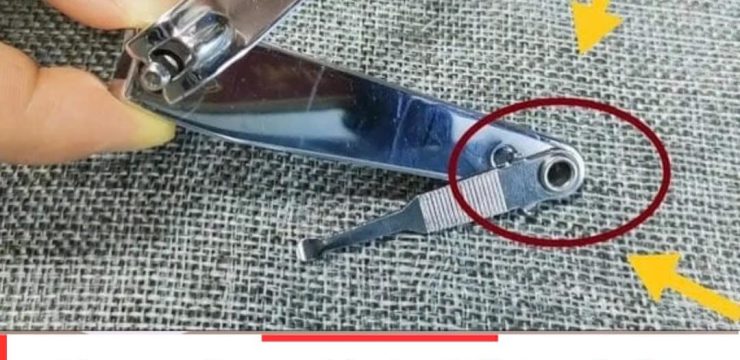Frost buildup in your freezer is more than just an annoying layer of ice—it could be a sign that something’s wrong with your appliance. If left unchecked, it can affect the efficiency of your freezer, your food storage, and even your energy bills. So, what does that pesky frost really mean? Let’s break it down.

Why Is Frost Building Up?
There are several reasons why frost might be building up in your freezer, and most of them point to an issue you’ll want to address sooner rather than later.
1. Your Freezer Door Isn’t Sealing Properly
One of the most common causes of frost buildup is a faulty door seal. If the door gasket (the rubbery part that lines the door) is damaged, cracked, or not closing all the way, warm air from outside can sneak into the freezer. When this warm air meets the cold, it turns into condensation, which then freezes and turns into frost. It’s worth checking your gasket for any gaps or tears. A simple fix like replacing the seal could save you a lot of trouble.
2. Frequent Door Openings
If you’re constantly opening and closing your freezer door, or if you’ve accidentally left it ajar, moist air can rush in, leading to frost buildup. Each time warm air enters, the freezer works overtime to cool it down, resulting in frost. Try to limit how often you open the door and make sure it’s fully closed after each use.
3. Incorrect Temperature Settings
Setting your freezer to a temperature that’s too low can also cause frost to form. The ideal temperature for a freezer is around 0°F (-18°C). If it’s set any colder, you could be creating the perfect conditions for frost accumulation. Double-check your settings and adjust as needed.
4. Defrost Cycle Malfunctions
Modern freezers are typically equipped with an automatic defrost cycle, designed to prevent frost buildup. However, if this cycle isn’t functioning properly, frost will start to accumulate. If you notice a problem with your freezer’s defrost system, it might be time to consult the manual or contact a technician for help.
5. Clogged Drainage System
Some freezers have a drainage system that manages melting ice during the defrost cycle. If this drain becomes blocked, water can collect and freeze, leading to more frost buildup. Check to make sure the drainage system is clear and working as it should.
How to Prevent and Handle Frost Buildup
While frost can be a headache, there are steps you can take to prevent it from getting out of hand. Here’s what you can do to keep your freezer in tip-top shape:
1. Regularly Clean and Defrost Your Freezer
Even if your freezer has an automatic defrost feature, it’s a good idea to keep it clean and manually defrost it from time to time. This helps prevent excess frost buildup and keeps your appliance running efficiently.
2. Inspect and Fix Door Seals
Check the door seals regularly for any signs of damage. If the seals are worn or cracked, replace them as soon as possible. A good seal ensures your freezer stays at the right temperature and prevents warm air from sneaking in.
3. Monitor the Temperature
Make sure your freezer is set to the recommended temperature of 0°F (-18°C). Setting it too low can lead to unnecessary frost formation and higher energy usage.
4. Reduce How Often You Open the Door
Try to minimize how often and how long the freezer door stays open. When you do need to open it, grab what you need quickly to reduce the amount of warm air entering the freezer.
5. Clear Blocked Drains
If your freezer has a drainage system, inspect it regularly to make sure it’s not clogged. A blocked drain can cause water to freeze and lead to frost problems.
When to Call a Professional
If you’ve tried these solutions and still find frost building up, it might be time to call in a professional. A technician can diagnose any deeper issues that might be affecting your freezer’s performance, like malfunctioning defrost systems or internal components that need repair.
Conclusion: Stay on Top of Frost to Keep Your Freezer Running Smoothly
Frost buildup might seem like a minor issue, but it can signal underlying problems with your freezer. Addressing these issues quickly can help your freezer run efficiently, protect your food, and even extend the life of your appliance. A little maintenance goes a long way in keeping your freezer—and your food—frost-free.





